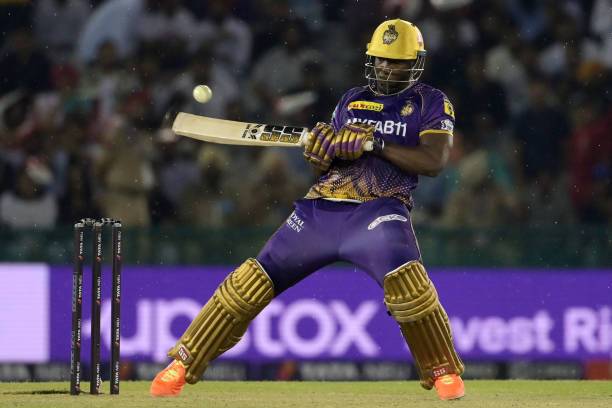The Psychology of IPL Fan Engagement: Understanding Emotional Connections
Playinexch, Gold365:Understanding the psychological factors that drive fan engagement in sports is crucial for clubs and organizations looking to connect with their supporters on a deeper level. One key factor is the sense of identity that fans develop with their favorite teams. When individuals strongly identify with a team, they are more likely to engage with the team’s content, attend matches, and purchase merchandise. This sense of belonging to a larger community of like-minded individuals fosters a strong emotional bond that drives fan engagement.
In addition to identity, emotional attachment plays a significant role in fan engagement. Fans often experience a range of emotions while following their favorite teams, such as joy in victory and disappointment in defeat. These emotional highs and lows create a rollercoaster of experiences that keep fans emotionally invested in the team. By understanding and tapping into the emotional connections that fans have with their teams, organizations can create more targeted and impactful marketing strategies to enhance fan engagement.
Impact of Emotional Connections on Fan Behavior
Emotional connections play a significant role in shaping fan behavior in the realm of sports. Fans often develop deep emotional ties with their favorite teams or players, which can influence their attitudes and actions both positively and negatively. These emotional bonds can lead to heightened levels of loyalty, commitment, and passion towards the team, driving fans to support and defend their affiliation fervently.
Moreover, emotional connections can also result in intense emotional responses to victories and defeats, impacting the fans’ overall well-being. A win can bring joy, satisfaction, and pride to fans, strengthening their emotional connection with the team. Conversely, a loss can evoke feelings of disappointment, frustration, and even anger, which may influence fans’ decision to continue supporting the team or become disengaged. Understanding the power of emotional connections in sports fandom is crucial for teams and organizations looking to maximize fan engagement and loyalty.
Cognitive Dissonance in IPL Fan Loyalty
Cognitive dissonance plays a crucial role in the loyalty dynamics of IPL fans. When individuals have conflicting beliefs or attitudes about a particular team or player, they experience cognitive dissonance. This discomfort compels them to either realign their thoughts to match their actions, or seek out information that supports their existing beliefs.
For IPL fans, cognitive dissonance may arise when their favorite team underperforms, but they continue to support them fervently. This internal conflict can lead to rationalizations or justifications for the team’s performance, as fans strive to maintain their loyalty despite evidence to the contrary. Understanding how cognitive dissonance influences fan behavior in the context of the IPL provides valuable insights into the complexities of sports fandom and the emotional investment fans have in their chosen teams.
What is cognitive dissonance?
Cognitive dissonance is the psychological discomfort that occurs when a person holds conflicting beliefs or attitudes.
How does cognitive dissonance affect fan loyalty in the IPL?
Cognitive dissonance can arise when a fan’s team is not performing well, but they continue to support the team despite the disappointment.
What impact do emotional connections have on fan behavior?
Emotional connections can lead fans to overlook negative aspects of their team’s performance and continue to support them out of loyalty and love for the team.
How can psychological factors influence fan engagement in the IPL?
Psychological factors such as social identity, self-esteem, and need for affiliation can influence how deeply fans engage with the IPL and their favorite teams.
Is cognitive dissonance a common phenomenon among IPL fans?
Yes, cognitive dissonance is a common phenomenon among IPL fans, especially when their team is not performing well but they continue to support them regardless.







